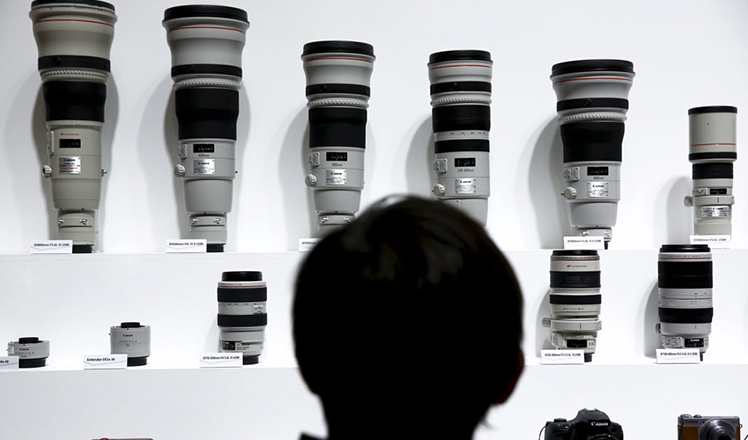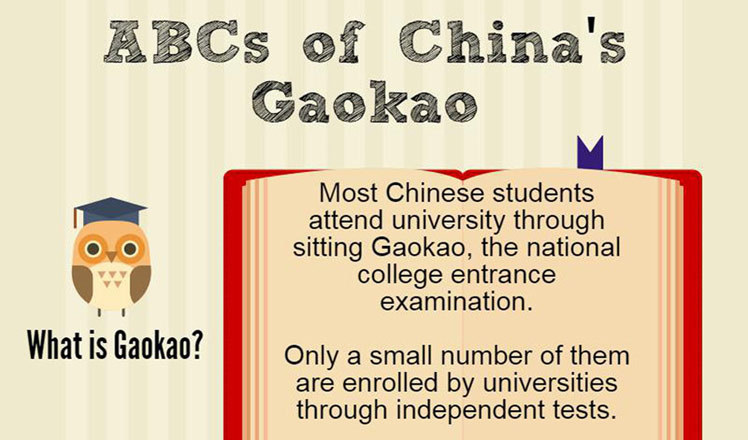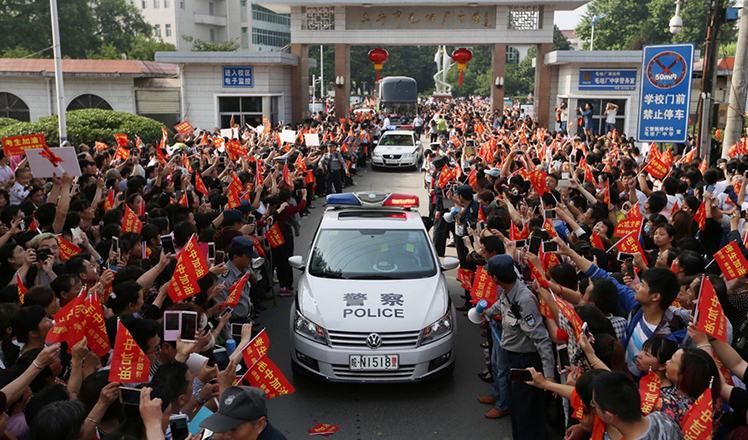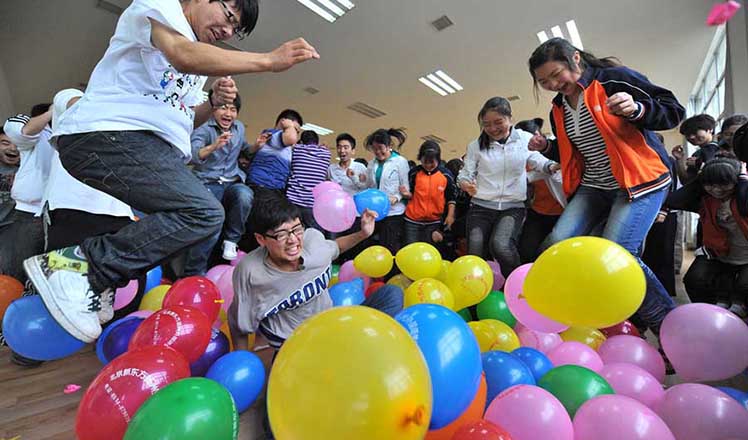Rules aim to stamp out soil pollution amid scandals
Updated: 2016-06-08 08:14
By Zheng Jinran(China Daily)
|
|||||||||
China is putting stricter rules in place around soil pollution to make sure polluting companies are prevented from creating toxic environments for residential communities, schools and hospitals, ensuring only good quality land is used for building projects.
The move was necessary to combat soil pollution, and especially to control the deterioration of land inside and nearby polluting plants, according to a statement from the Ministry of Environmental Protection.
A joint survey conducted by the ministries of environmental protection and of land and resources in 2014 showed 36.3 percent of surveyed samples were polluted - with 34.9 percent of samples from former industrial zones and 29.4 percent of samples from industrial zones being found to be contaminated.
Several public health issues related to soil pollution have emerged recently, drawing attention to the need to avoid using polluted land for building projects.
Among the recent scandals, blood samples taken from hundreds of students at Changzhou Foreign Language School during April showed abnormal readings after the children moved to the school's new campus, which was built on land that had been used by chemical factories.
In response, the Action Plan on Prevention and Control of Soil Pollution, which the State Council released on May 31, established standards covering the whole process - from quality assessments to repairing damaged land.
Starting in 2017, land used by major soil-polluting industries will need to be assessed before it can be passed fit for use for residential buildings or new schools and hospitals.
It will no longer be possible to transfer ownership of polluted land and polluting companies owning such land will not be allowed to build on it.
Major industries with poor records related to soil pollution include those involved with nonferrous metals, oil exploration and petroleum processing, the chemical industry, coking, electroplating and leather processing, the statement added.
Lin Yusuo, head of soil pollution control at Nanjing Institute of Environmental Sciences Institute, said it is not an easy task to repair polluted land but tougher controls on the sources of pollution and the ability to learn from advanced technologies developed overseas coupled with steady effort will ensure the goals are reached.
- Suspected IS terrorists arrested in Germany
- Japanese boy abandoned by parents in Hokkaido forest found alive
- China to build Africa's biggest university library
- 'Kill list' found in UCLA campus shooter's residence: Police
- Swiss declare Alps tamed as Gotthard rail tunnel opens
- China urges Japan to properly settle Chinese forced laborers issue

 Popular foods to break fast during holy month of Ramadan
Popular foods to break fast during holy month of Ramadan
 Top 10 biggest brands in Asia listed in media report
Top 10 biggest brands in Asia listed in media report
 Things you need to know about China's gaokao
Things you need to know about China's gaokao
 The world's most striking images: May 30 - June 5
The world's most striking images: May 30 - June 5
 Djokovic conquers Roland Garros to join tennis pantheon
Djokovic conquers Roland Garros to join tennis pantheon
 Students receive gaokao cheers in east China
Students receive gaokao cheers in east China
 Students use creative ways to relieve gaokao stress
Students use creative ways to relieve gaokao stress
 Frederik the Great: Is it a horse or a stunning statue?
Frederik the Great: Is it a horse or a stunning statue?
Most Viewed
Editor's Picks

|

|

|

|

|

|
Today's Top News
Abe's blame game reveals his policies failing to get results
Ending wildlife trafficking must be policy priority in Asia
Effects of supply-side reform take time to be seen
Chinese State Councilor Yang Jiechi to meet Kerry
Chinese stocks surge on back of MSCI rumors
Liang avoids jail in shooting death
China's finance minister addresses ratings downgrade
Duke alumni visit Chinese Embassy
US Weekly

|

|









